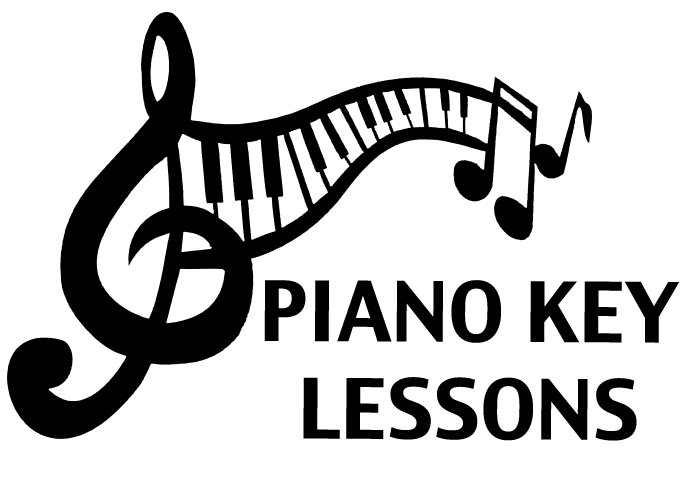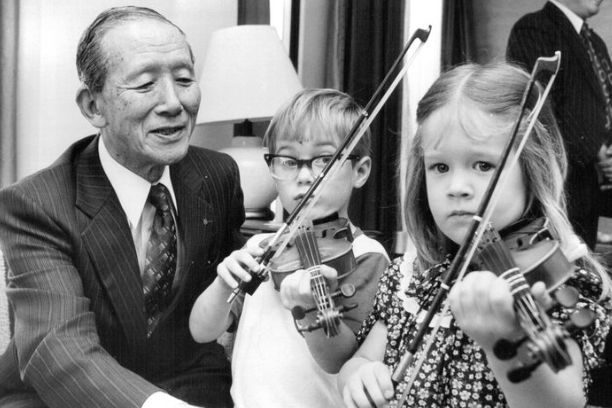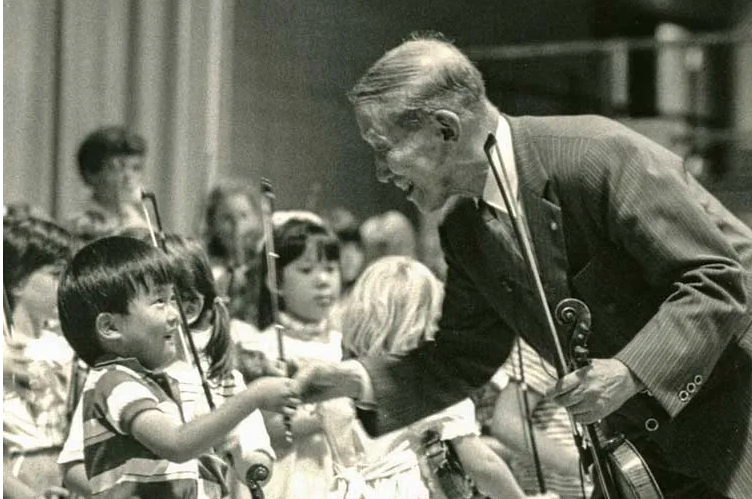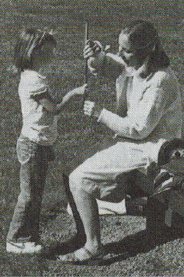Studio Blog
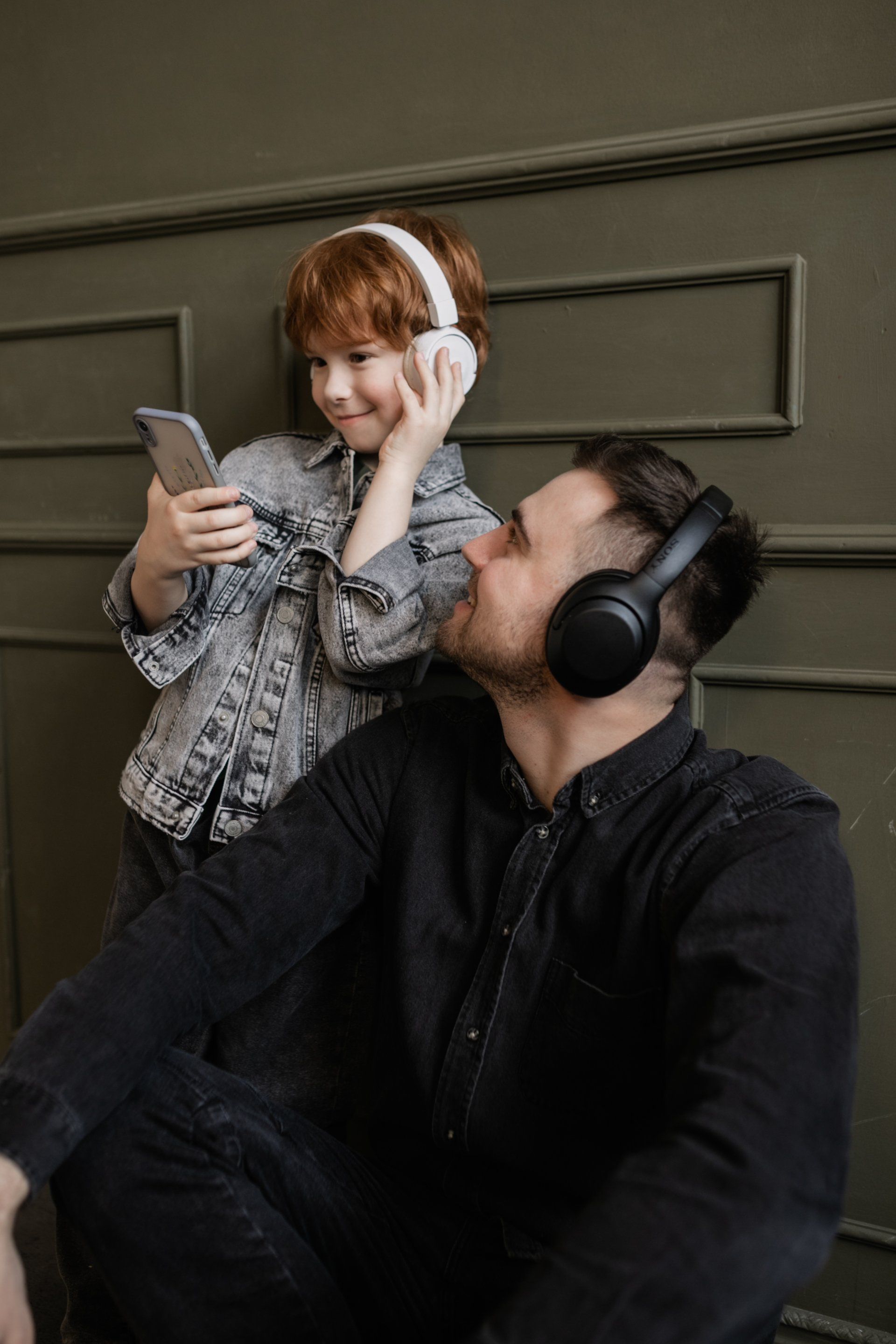
by Teri Einfeldt 1. Dr. Suzuki always said “character first, ability second.” The Suzuki experience is about your child first, playing the instrument second. Watch how your child learns, nurturing your child’s spirit and building his/her self confidence, yet instilling a sense of achieving excellence at every level. 2. No one enjoys doing something they do not do well. It is important for the teacher and the parent to work together to provide the motivation for the child to reach a level where he/she is capable of appreciating his/her progress. It is normal for the motivation level to shift back and forth between the parent and the child. 3. There are going to be good practices and there are going to be bad practices. If your child is not happy about practicing on a given day, it generally has nothing to do with the instrument. It may be the first thing they have been asked to do on a daily basis that involves “homework”. They may have had a bad day at school. They may be reacting to something you did earlier. My advice is always try to end the practice before it starts to deteriorate. 4. Be consistent and try to practice only on the days that you eat. Each day you skip makes the next time you practice more difficult. Shorter, focussed, and consistent practices in which goals are well defined work best. 5. The three most important components of this method are parent involvement, listening and reviewing with a purpose. Remembering that the Suzuki Method is based on the concept of language learning, it is important for you to remember your involvement with your child while learning to talk. Ear training, repetitions, and cumulative vocabulary words were of the utmost importance. 6. Our ultimate goal is for the child to experience intrinsic motivation as well as eventual independence. It is really important to involve the child as opposed to just tell or teach him. I would not recommend this from the very beginning, but soon after, try and gradually involve him/her in assessment/ learning process. Help to train his/her ear to recognize the differences between that which is good and that which is undesirable. Stickers and rewards are extrinsic motivators, which should be used sparingly. 7. Learning the notes to the newest piece is not as important as strengthening the child’s technical foundation through review. If you learned an instrument as a child via the traditional method, more than likely you had many books you carried to your lessons that contained etudes. We use review pieces to reinforce technical and musical concepts much the same as the traditional method use etudes. 8. Music lessons and practices in general are filled with life lessons. Allowing your child to quit or change instruments during the early stages is sending the wrong message. There will be other difficult things in life and we need to learn how to cope with the challenges and embrace the concept of working step by step to achieve a goal. Here we are identifying a problem or a goal, breaking it down into small, achievable steps, repeating the tasks many times and celebrate each small accomplishment. 9. Never have your child play his/her newest piece at a solo concert or master class. High stress situations for the children need to be handled with playing a piece they are confident with playing. It is important to remember the entire world does not know the order of the pieces. This is not the time to have the children demonstrate how far along they are in the books. 10. Allow your teacher to control the lesson unless your opinion is invited. Hearing more than one voice in the lesson is confusion to the child. As the home assistant, your job is to understand the assignment in three ways: a. How it is to be done b. How many times it is to be done and with what outcome c. The results to look for that match your teacher’s concept of excellence 11. Communication with your teacher is imperative. If you feel uncomfortable or troubled by anything that is happening along your Suzuki journey please take the time to discuss it with your teacher. Often times discussing something when it first starts to bother you will bring a more satisfactory resolution to the problem. It is always better to discuss something about your child with the teacher when the child is not present. 12. Never compare your child to someone else. We are working towards bringing out the best in each child, and having them work towards reaching their own fullest potential. This is one the least motivating things you can do to your child and has a deep-seated lasting affect. 13. Do only what the teacher asks. Do not go ahead. There is always a reason your teacher does not move ahead. We are more focused on teaching your child to play his/her chosen instrument well, than what pieces he/she is playing. It is how well he/she plays the instrument that will be most fulfilling, as she becomes a member of a small or larger ensemble. This in turn will in-still an even greater sense of self-confidence within each child. 14. Enjoy each step of the journey. Do not focus on the destination. Small successes should be celebrated at every turn. All small steps lead to accomplishment of the larger goal.

PARENTS AS PARTNERS Parents as Partners is an online program hosted on the Suzuki Association of the Americas website. This event exploring subjects like teens, courageous conversations, performance excellence and practice. Talks average 10 minutes each, including talks under 3 minutes. Talks will be available online 24/7 starting in January. SOUTHWESTERN ONTARIO SUZUKI INSTITUE The Southwestern Ontario Suzuki Institute (SOSI), features a day of learning for students. Held yearly, events include a master class, repertoire group class, theory for pianists, pre-reading class and a recital performance opportunity. Each year the clinicians and material discussed is revised for continued musical development. Click here for more information. SUZUKI ASSOCIATION OF ONTARIO The Suzuki Association of Ontario (SAO) is a non-profit provincial organization of Suzuki teachers. The Association has its mandate to support and promote Suzuki talent education programs across Ontario. Its goal is to build a Suzuki community throughout the province by facilitating communication among teachers, parents and students. Click here to get more information on the Suzuki method, it's history, benefits and the parent's role in the method. SUZUKI ASSOCIATION OF THE AMERICAS The Suzuki Association of the Americas (SAA) is the organization officially licensed by the International Suzuki Association to support, guide, and promote Suzuki education in North, Central, and South America. A nonprofit organization, the SAA was founded in 1972. Its membership of approximately 8,000 is a coalition of teachers, parents, educators, and others who are dedicated to making music and early childhood education available to all children throughout the Americas through the Suzuki Method. Click here to get more information on student summer institute events, parent discussion board, articles for parents, Parents as Partners videos as well as a store where you can purchase additional learning materials.

Beyond the Music Lesson - Habits of Successful Suzuki Families by Christine E. Goodner Suzuki teacher and author, Christine Goodner, explores what it takes to make music lessons work in our busy, modern lives. Using exclusive interviews, current research, and Goodner's own experience as a student, parent, and teacher, this book gives practical advice, specific ideas, and big-picture concepts sure to help every parent who reads it. Whether you are just beginning music lessons with your child or are an experienced parent looking for extra ideas and support, Beyond the Music Lesson will inspire you with new insight, motivation, and ways to make the process more successful in your own family. Chirstine Goodner is a dynamic and experienced Suzuki teacher with over 18 years of experience in music education. Her unique blend of expertise in music, child development, and leadership gives her a holistic approach to working with teachers, students and their parents. You can read more of her writing, and find updates on new projects on her blog SuzukiTriangle.com. Christine's book can be purchased here . Nurtured by Love - The Classic Approach to Talent Education by Shinichi Suzuki (Translated by Waltraud Suzuki) In this book, world-renowned violinist and teacher Shinichi Suzuki presents the philosophy and principles of his teaching methods for developing the natural abilities of every child. He illustrates by examples the amazing success of his work with young pupils at his music school in Japan, which has attracted the attention of educators from every major nation. Professor Suzuki presents convincing evidence to substantiate his view, basic to his method called Talent Education, that every child is born with ability. Accordingly, a child's slowness in any subject indicates a deficiency in his environment, educational or otherwise. According to Professor Suzuki, the greatest joy an adult can know comes from developing a child's potential so he can express all that is harmonious and best in human beings. In Nurtured by Love, the author relates many meaningful experiences in his career and the circumstances which brought about his discovery of the Talent Education method. Suzuki's book can be purchased here . How to Get Your Child to Practice...Without Resorting to Violence!! Written by Cynthia Richards Music is an essential part of human life. Everyone responds to some kind of music. It is a way to feel and express our emotions, to communicate with others, to develop and refine our talents and sensitivities, and to relieve stress. It brings beauty into living. Many people begin a musical education but few become truly proficient. In this enjoyable and informative book, Cynthia Richards draws on thirty years of experience in teaching music to young people and helping them succeed. She reveals the techniques that work and the traps that can defeat the entire process. She teaches how to use practicing as a means of building parent-child relationships rather than damaging them. Cynthia's book can be purchased here .
